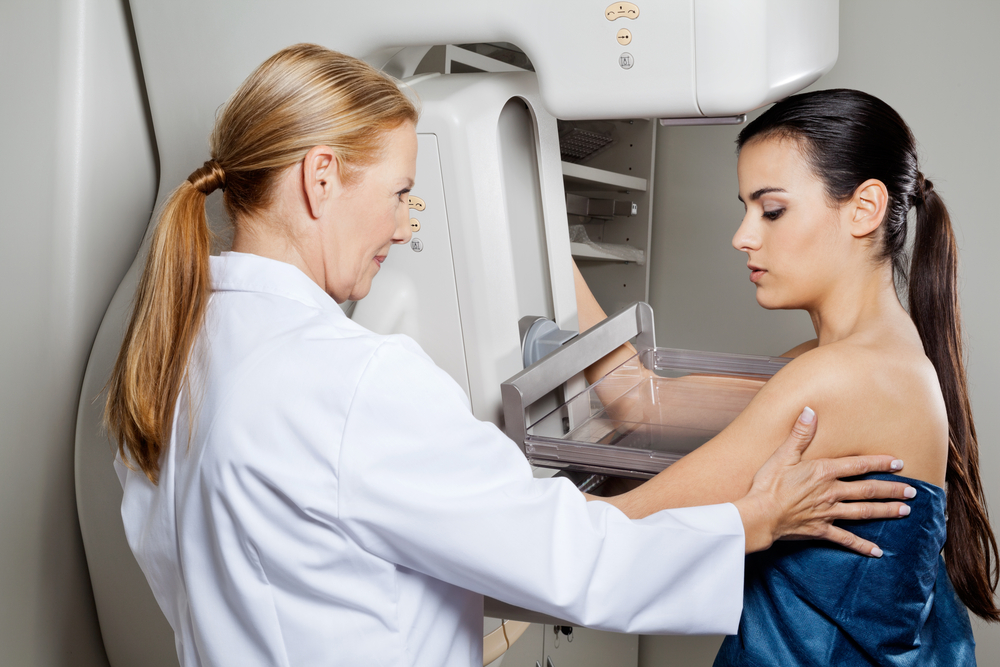What is Triple Negative Breast Cancer? Diagnosis and Treatment of Breast Cancer

Breast cancer remains a prevalent health concern worldwide, affecting millions of individuals every year. Among the various types of breast cancer, one subtype that often stands out due to its unique characteristics and challenges is Triple Negative Breast Cancer (TNBC). In this blog, we delve into the specifics of TNBC, breast cancer diagnosis, breast cancer treatment options, and recent advancements in the field.
Understanding Breast Cancer
Breast cancer arises when cells in the breast begin to grow abnormally, often forming a lump or mass. Hormone receptors often drive these abnormal growths, specifically oestrogen and progesterone receptors, and sometimes, excess levels of a protein called HER2. However, not all breast cancers are hormone driven; one such type is Triple Negative Breast Cancer.
What is Triple Negative Breast Cancer?
TNBC is a form of breast cancer that tests negative for oestrogen progesterone receptors, receptors, and excess HER2 protein. This means that the growth of TNBC is not fuelled by these hormones or protein, making it distinct from other types of breast cancer. TNBC accounts for about 10-15% of all breast cancers and is more aggressive. Some common symptoms of TNBC include a breast lump or mass, changes in the skin of the breast, and changes to the nipple.
Triple Negative Breast Cancer Diagnosis
Early detection and accurate diagnosis significantly impact the prognosis of TNBC. This method typically involves a series of steps:
- Physical examination: Your doctor will check for visible abnormalities or lumps.
- Mammogram: This is a breast X-ray used to identify any unusual changes.
- Biopsy: If a lump is detected, a sample of breast tissue is taken for testing. This is the definitive way to diagnose breast cancer.
- Molecular testing of the tumour: This identifies the type of breast cancer, including whether it is triple-negative.
Once a triple negative breast cancer diagnosis is confirmed, the cancer is staged based on its size, lymph node involvement, and whether it has spread to other parts of the body.
Triple Negative Breast Cancer Treatment
Since TNBC lacks hormone receptors and excess HER2, hormonal therapies and HER2-targeted drugs are typically ineffective. The triple negative breast cancer treatment plan often involves:
- Surgery: In this, the goal is to remove as much of the cancer as possible. This could be a lumpectomy (partial breast removal) or mastectomy (total breast removal).
- Radiation therapy: This method uses high-energy waves to kill cancer cells, typically after surgery to kill any remaining cancer cells.
- Chemotherapy: This process involves the use of drugs to kill cancer cells. Doctors often use chemotherapy before surgery to shrink the tumour, or after to kill remaining cells.
- Clinical trials: These may provide access to experimental breast cancer treatments and these breast cancer treatment plans are personalized based on the patient's health status, cancer stage, and personal preferences.
- Immunotherapy: through not established in the early stage, it is being used in advanced Triple-negative breast cancer.
Living with Triple Negative Breast Cancer
Living with a TNBC diagnosis can be challenging. It's crucial to have a strong support network consisting of family, friends, and support groups. Lifestyle changes, including a balanced diet, regular exercise, and stress management, can also help manage the disease.
Recent Developments and Future Prospects
Although TNBC is challenging to treat, ongoing research brings hope. Promising developments include targeted therapies that work differently from traditional chemotherapy and immunotherapies that help the body's immune system fight cancer. The future of triple negative breast cancer treatment may lie in these novel approaches.
Conclusion
Triple Negative Breast Cancer (TNBC) is a unique type of breast cancer that presents its own set of challenges. However, with early detection, personalised breast cancer treatment plans, strong support networks, and advances in medical research, it is increasingly manageable. While it may be a difficult journey, remember that you are not alone. There are various resources and communities available to provide support and guidance.
We cannot overstate the importance of regular screenings and early detection. If you detect any symptoms in your breasts, do not hesitate to seek medical attention. Being proactive regarding your health can make a significant difference in the management of conditions like TNBC.
Need help coping with triple-negative breast cancer? Contact an expert Breast cancer specialist today!






